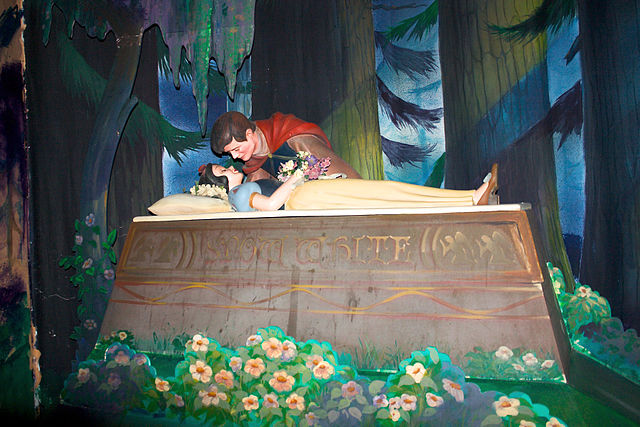Myth vs Folktale
In every culture, folktales and myths are two types of stories that have distinct differences. Folktales are stories passed down from the ancestors of a specific group of people to younger generations, usually providing a moral lesson. In contrast, a myth is a traditional story from early history or explaining a natural event, often involving supernatural beings. This article will further explore the differences between myths and folktales.
Key Takeaways
- Folktales are stories passed down through generations, often providing a moral lesson, while myths are traditional stories explaining natural events or early history, usually involving supernatural beings.
- Folktales feature human beings as the main characters, while myths often include gods and goddesses as characters, although humans can also appear in the story.
- Both folktales and myths vary across cultures, but some folktales are shared globally.
What is a Folktale?
Folktales are stories passed down from the ancestors of a particular group of people to younger generations. These stories are typically shared orally, with children learning various folktales from older generations. Different cultures have unique folktales, indicating that people worldwide do not share the same stories. However, some folktales are known globally.
Folktales encompass a wide range of stories, with most providing a moral for the listener. Fairy tales, adventures, ghost stories, and historical tales all fall under the category of folktales. Charles Perrault’s Tales of Mother Goose is a well-known collection of folktales.
Folktales often include main characters who face obstacles but ultimately succeed. They may also feature action, justice, moral lessons, and supernatural elements. Myths, however, have some differences from folktales.
What is a Myth?
The Oxford English Dictionary defines a myth as a traditional story of early history or explaining a natural event, especially involving supernatural beings. Myths often include various gods and goddesses as characters and can feature human beings as well. Myths are thought to be the basis for all types of stories because they delve into human nature and the emotions humans experience, such as desires, happiness, misery, pain, and suffering.
Greek and Roman mythologies are often associated with myths and are considered some of the best mythologies worldwide. However, people from various cultures have their own myths, which help them understand and explain the origin, history, and natural phenomena of the world.
What is the difference between Myth and Folktale?
Definitions of Myth and Folktale:
- Folktale: Folktales are stories passed down from ancestors of a specific group of people to younger generations.
- Myth: A myth is a traditional story of early history or explaining a natural event, especially involving supernatural beings.
Characteristics of Myth and Folktale:
- Nature:
- Folktale: A folktale does not provide an explanation for natural events or phenomena.
- Myth: A myth provides an explanation for natural events or the origin of human beings.
- Moral:
- Folktale: A folktale provides a moral lesson.
- Myth: A myth does not provide a moral lesson.
- Main Characters:
- Folktale: In folktales, human beings are the main characters.
- Myth: In myths, gods and goddesses are the main characters, although human beings can also appear in the story.
